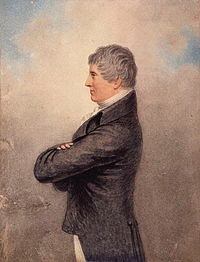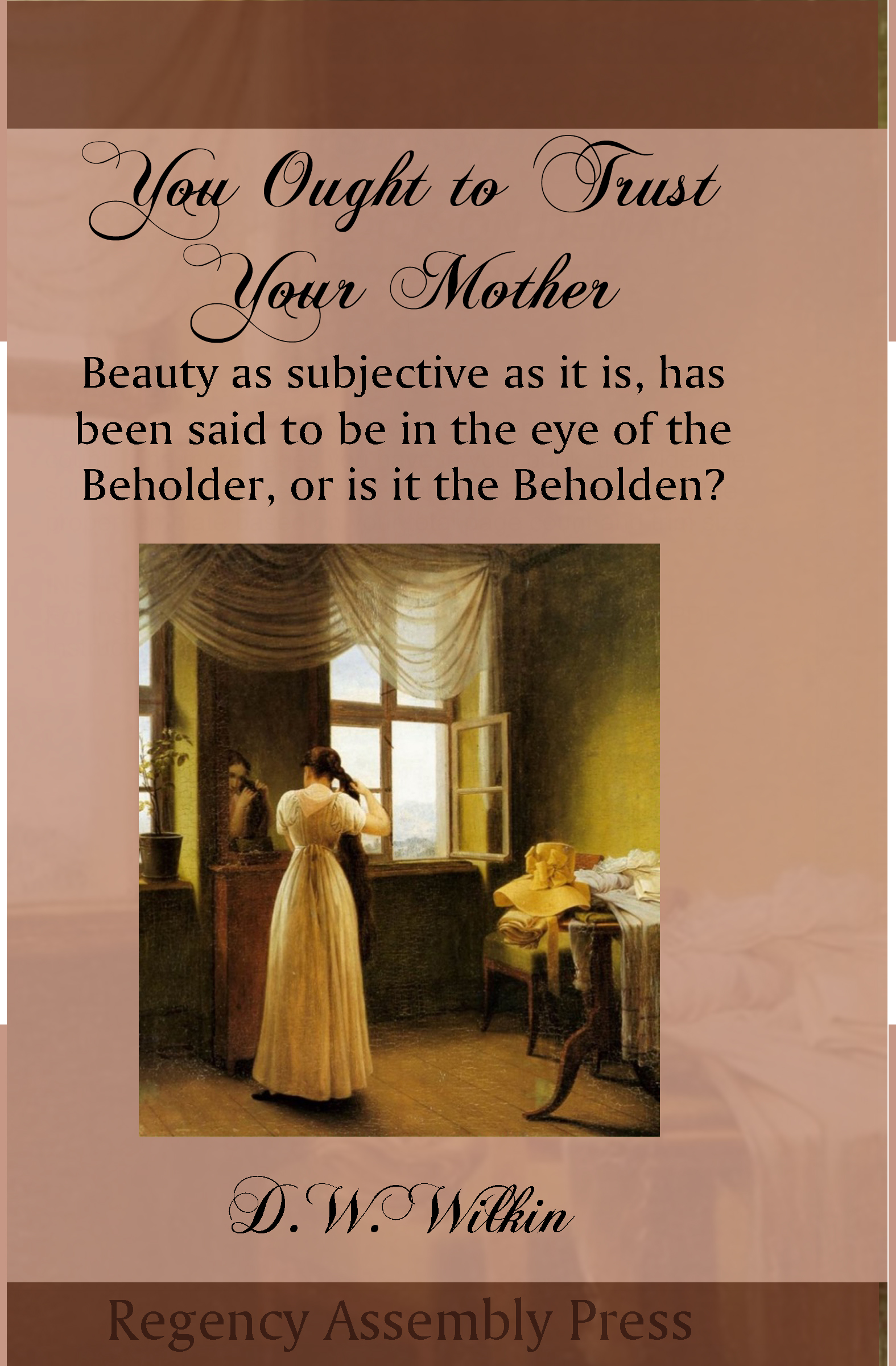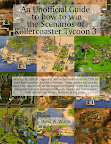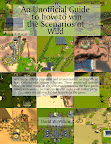History
This week a little break from the Squares of London. I am not an anarchist, though the history of the Cato Street Conspiracy and now the Massacre might make you think that. What I do with these examples is underscore that all was not well outside the circle of the Ton and that these things that were occurring need to be addressed in our Regency tales. Otherwise they just become faery tales. Our heroes and heroines should have some meat on their bones. They should know some trouble from outside their comfort levels. Jane Austen did us a disservice when she left the war outside of her novels. (Though it opened wide the chance for me to discuss it in Colonel Fitzwilliam’s Correspondence.)
The Peterloo Massacre

August 16th, 1819 a few months before the Cato Street Conspiracy and some citizens of Manchester decide to peacefully assemble at St. Peter’s Field. That the day would end with 15 civilians dead and the event labelled a massacre has significance. The Boston Massacre not fifty years before resulted in 5 deaths at the hands of British Soldiers. An incident that led to the American Revolution and the loss of the colonies. Today such small numbers would not be labelled massacres, but unfortunate incidents, or riots. During the Georgian period and that of the regency such a headline as 15 dead from these atrocities did not evoke immediate sympathy for innocent women slaughtered by the soldiers, or the first victim, a child of 2, who surely was quite political and a threat, but instead had the government crack down on all those who thought to create sympathy for the victims and for the reason they had gathered together.
That in itself strikes a note about the times and how different they are in that day and age then they are now. Would we want our heroes of our Regency stories to walk into a drawing room and say that they had heard about the massacre. That they felt the government was in top form repressing the action?
After the Napoleonic Wars ended, things were not all well in England. There was famine and unemployment. The introduction of the Corn Laws did not help the populace either. And so by 1819 an unhappy populace were making their voices heard. A gathering in Manchester so that the well known orator, Henry Hunt, could speak came about.
could speak came about.
The magistrates did not like this and probably did not like that 60,000 to 80,000 people had gathered to hear. Around this time the entire population of Manchester was just over twice that. As a result they decided to arrest Hunt and the others who were speaking on the hustings with him.
Prior to the gathering, a letter had been intercepted where journalist Joseph Johnson wrote to Hunt and suggested that an insurrection was on the horizon. The government sent the 15th Hussars north in case such occurred.
Twice delayed, for at first the meeting was called for on the 2nd of August, the government as well as the organizers each became more concerned. The government sure that the plan was to find new ways to elect MPs and circumvent time honored tradition. After the wars on the continent to maintain the rights of the nobility and the loss of the colonies to the concepts of better representation for the masses, how else could they feel.
The organizers, such as Samuel Bamford,  feeling that the endeavor had to be better than ever before urged that an atmosphere of sobriety ensue. They adopted, “Cleanliness, Sobriety, Order and Peace” as a motto for the day. Truly a new way for the english to hold a political gathering. The contingents would march to St. Peter’s Field in good order and they took to drilling until the crown worried that this was in support of the insurrection, outlawed all drilling on August 3rd.
feeling that the endeavor had to be better than ever before urged that an atmosphere of sobriety ensue. They adopted, “Cleanliness, Sobriety, Order and Peace” as a motto for the day. Truly a new way for the english to hold a political gathering. The contingents would march to St. Peter’s Field in good order and they took to drilling until the crown worried that this was in support of the insurrection, outlawed all drilling on August 3rd.

The commander of the british army units in the army was John Byng, 1st Earl of Strafford, who had two horses entered in the races in York that day. Naturally, as a british aristocrat of the times and the Ton, he was off to the races even though so many had gathered to start an insurrection. In his place he left his second in command, Lt. Colonel Guy L’Estrange who led the 15th Hussars on the 16th as well.
who had two horses entered in the races in York that day. Naturally, as a british aristocrat of the times and the Ton, he was off to the races even though so many had gathered to start an insurrection. In his place he left his second in command, Lt. Colonel Guy L’Estrange who led the 15th Hussars on the 16th as well.
It was perhaps the largest meeting ever to take place in England, and it was done so peaceably. Thousands marched to the meeting, none in anger. Hunt had told all to come armed with only their conscience. We have several journalists in attendance who confirm all this, and the momentous occasion, so many gathered and then what comes next, gives us great documentation.

The magistrates, most likely still afraid of an insurrection ordered the arrest of Hunt, but seeing so many people gathered thought that the constables, 200 of them, could not handle the arrest. They sent to the military to request help.
Which came.
Things got out of hand. The constables trying to arrest Hunt found their horses, untrained to be around people so close together, rearing up and crushing them. Finally when the rest was made, the banners that all the contingents had brought in, were set to and the yeomanry helping the constables, started to destroy, which was not in their mandate.
The Hussars arrived and seeing the yeomanry beset as they went above their mission, they naturally needed to defend, especially as the chief magistrate William Hulton urged them to do so. And thus the 15th Hussars formed line and charged into the crowd. It did not help that the exit route so the gathering could disperse was blocked by the 88th Regiment of Foot with their bayonets fixed.
Within a day accounts of the event were published in London, and linking the term Peterloo to connect it to Waterloo was thoughtfully done. The government did not take kindly to this at all and cracked down on reform, instead of those responsible that turned a peaceful meeting into an atrocious event.
Shelley wrote a poem about the events when he heard of them in Italy, The Masque of Anarchy.
Stand ye calm and resolute,
Like a forest close and mute,
With folded arms and looks which are
Weapons of unvanquished war.
And if then the tyrants dare,
Let them ride among you there,
Slash, and stab, and maim and hew,
What they like, that let them do.
With folded arms and steady eyes,
And little fear, and less surprise
Look upon them as they slay
Till their rage has died away
Then they will return with shame
To the place from which they came,
And the blood thus shed will speak
In hot blushes on their cheek.
Rise like Lions after slumber
In unvanquishable number,
Shake your chains to earth like dew
Which in sleep had fallen on you-
Ye are many — they are few
A Trolling We Will Go
I released a new book, an omnibus of the three first Trolling stories. In honor of that I have made the first tale of Humphrey and Gwendolyn available for a limited time for $.99  This introductory price is so those who have not discovered this fantasy work can delve into it for a very incentivised price and see if they like the series and continue on, either ordering the other two stories separately, or ordering all three in the Omnibus edition. There are still two more in the series for me to wrap up with edits and release. They have been written as those who follow my blog know. Just not yet gone through my final check protocols.
This introductory price is so those who have not discovered this fantasy work can delve into it for a very incentivised price and see if they like the series and continue on, either ordering the other two stories separately, or ordering all three in the Omnibus edition. There are still two more in the series for me to wrap up with edits and release. They have been written as those who follow my blog know. Just not yet gone through my final check protocols.
The Writing LIfe
I am now almost 150 pages (over 40000 words) into writing on The Crown Imposter. A fantasy that has had two different ideas about for the last few years. Neither was working by when I decided to combine them, all of sudden it worked and I wanted to write. Something I have been too exhausted to do these last few months. I have just completed chapter six and hope that by the next post the end of the story will be in sight.
I enclose a few paragraphs from the first draft and first chapter for perusal.
Chapter 1–the next part
“My cousin, the King of Altan and Duke of Bortell cursed the day that the princes of Altan died. His grandfather, the King of Altan cursed the day that my cousin became his nearest heir. My other cousin, our king though was petitioned by those who lived next to us in Altan that they follow their overlord for he was just and fair. That they become part of Altan when Henry became their king seemed natural. Did you and Master Edvard not say then that this was a good thing?”
Middlin had to nod. “Then. Yes then it was a good thing. Now, now it is a tragedy.”
Henry had put aside his wife who was past the age to rear children, having giving two daughters to the man who became the king of the neighboring kingdom. The Altan’s had put pressure on their new king to act so. And then Henry’s first wife was from an old line of Centrion. The birth of a little boy last year to Henry’s second wife had caused great rejoicing in the kingdom of Altan.
King Henry though had started to decline shortly after the birth of his heir. Middlin had kept his thoughts to himself that it was quite suspicious. That the King of Altan was attended by advisors who were related to the new wife, or were those who despised Centrion. The two kingdoms had been enemies more times than they had ever been friends.
Long had those of Altan wished to possess the Duchy of Bortell. The capital of the duchy held the last port along the river Sprag that deep bottom vessels could traverse. From there flat bottom ships journeyed along the tributaries and canals that linked a great deal of Centrion. Bortell was one of the most important trading links that Centrion had.
It had been made a duchy when the first king of Centrion, Bryan, whom Damien had also been named after for he was Damien Bryan Frederick Everheart awarded those lands to the general who married his eldest daughter. A tradition that had continued with every king of Centrion. Dukes and Marquis were raised only from families who had no direct line of male connection to the ruling family. The daughters of the Kings of Centrion had been married to strong men who had become the highest nobility in the land, while those who were the brothers and nephews of the kings of Centrion became the Earls and Barons of the land.
Middlin thought the Barons, like Damien were the spares should the main line falter, but every king had four or five children, since the first Bryan, and that had always been one son, if not more. Except now. King Frederick the third had only one son, and that was Brion. Brion who was not shy about saying his mind about what he thought were the causes of King Henry’s illness.
Damien had taken of his gloves, soaked as was the rest of him and he worked his fingers repeatedly in front of the fire. Cupping his hand and twisting and stretching. With what must have been feeling returning to them, the young man started on the buttons of his cloak. With luck he would be a little warm underneath it, but Middlin did not expect that it to be so.
“Did you have to go to every sentry post?” the sergeant asked, then winced. He had not wanted to keep chewing at that bone, but he had. He shouldn’t worry about the man so. The Baron had to stand firm on his own.
But Middlin thought of Damien as if he were another son. And Middlin had four of his own. Four that he had spent less time with than he had with Damien. The old Baron had asked him to do his best with Damien. And then, when the matter of the Duchy of Altan came upon them all, had come again to say that Damien was going to need even more training now that their barony of Spragfalls, was to become the border between the kingdoms.
“Middlin, do not worry. I shall have a hot drink, or three, and be fine. I shall even be changing all my clothes into fresh ones so that the damp from these stops seeping into my bones. It is quite outside, as you said it would be. Foolish though. Perfect night for someone to stir up trouble. And they know we have the grain fleet here with the canals all swollen from the recent rains.”
“Your cousin King Henry is not dead yet, though he be sick. He would be wroth were there such a blatant attack upon our trade.” And that was something that had not escalated as yet. Three traders had been attacked before reaching Altan and the river port in Bortell. It was why Damien had more sentries and guards out amongst his lands, and here, where most of the waterways came to join the Sprag. But the harvest was in and ready for sale. Tempting prizes should they be taken.
Read Full Post »


 could speak came about.
could speak came about. feeling that the endeavor had to be better than ever before urged that an atmosphere of sobriety ensue. They adopted, “Cleanliness, Sobriety, Order and Peace” as a motto for the day. Truly a new way for the english to hold a political gathering. The contingents would march to St. Peter’s Field in good order and they took to drilling until the crown worried that this was in support of the insurrection, outlawed all drilling on August 3rd.
feeling that the endeavor had to be better than ever before urged that an atmosphere of sobriety ensue. They adopted, “Cleanliness, Sobriety, Order and Peace” as a motto for the day. Truly a new way for the english to hold a political gathering. The contingents would march to St. Peter’s Field in good order and they took to drilling until the crown worried that this was in support of the insurrection, outlawed all drilling on August 3rd. 
 who had two horses entered in the races in York that day. Naturally, as a british aristocrat of the times and the Ton, he was off to the races even though so many had gathered to start an insurrection. In his place he left his second in command, Lt. Colonel Guy L’Estrange who led the 15th Hussars on the 16th as well.
who had two horses entered in the races in York that day. Naturally, as a british aristocrat of the times and the Ton, he was off to the races even though so many had gathered to start an insurrection. In his place he left his second in command, Lt. Colonel Guy L’Estrange who led the 15th Hussars on the 16th as well.































